I posted this weekly Facebook feature, Monday Mindset. I thought I’d also add it to a blog post so that it was available for you to look over and use any time, because it’s such an important skill to develop.
One of the hardest challenges of all in fact, something that every single one of us has failed at many times and will do so again in the future. But that doesn't mean it's not worth thinking about and trying to find some tools to help manage it when it happens.
What is it?
It's the ability to separate our actions from our emotions. To press pause when we're about to do things that we know are unhelpful for our long-term goals and ambitions.
Have you ever eaten junk food because you felt low? Skipped an exercise session because you were mentally tired? Maybe had a drink (or two, or three) because you'd had a stressful time?
Then you know what I mean. We often want to perform better, healthier habits, especially when we have goals we want to achieve, but life gets in the way and we make snap decisions that later on we wish we hadn't. 'I wish I'd not eaten that entire box of chocolates last night!' 'My head wishes I'd not drunk both of those bottles of wine!'
So can we break this cycle? Can we get our rational brain to talk to our emotional brain, just long enough to press pause, avoid doing what we don't really want to, and stick to the plan?
If yes, then how?
The answer is different for everyone, but here are a few ideas that might be helpful. Feel free of course, to adapt them or to think up some of your own.
- POST-IT NOTES: A client of mine used to have one on the biscuit tin that simply read, 'Are you sure?'
- PHONE AND CALENDAR REMINDERS: If you know when you're most likely to eat the wrong things, or head to the pub with colleagues, can you prepare yourself a message, a bit like our post-its above, that just asks you if you really want to do this?
- DISTRACTORS: If a message isn't enough, can you ramp it up by setting appointments or catch-ups that mean you physically can't do the wrong thing. Many years ago, I had a man request that I train him at 9pm on a Friday in the gym. He wanted me to work him really hard so that he was too tired to go out afterwards. The plan was to save him over £100 in booze, kebabs, and taxis, plus all the health benefits that came with it. The PT session was cheap at half the price, literally!
- SUPPORT CREW: Sometimes, we don't have the willpower to say no on our own. That's when enlisting the help of someone else makes a difference. It doesn't have to be a PT like in the case above. It can be a family member, friend, or work colleague, maybe it's someone who's working on a similar goal and needs the same assistance.
Do any of these ideas work for you? Do you have another tool, tactic, or technique you can use instead? If so, please do share it if you're willing so that others can benefit from it too.
Whatever it is, see if you can use it to press pause once or twice this week. And please do let me know if you manage it, I'll be hugely impressed.










